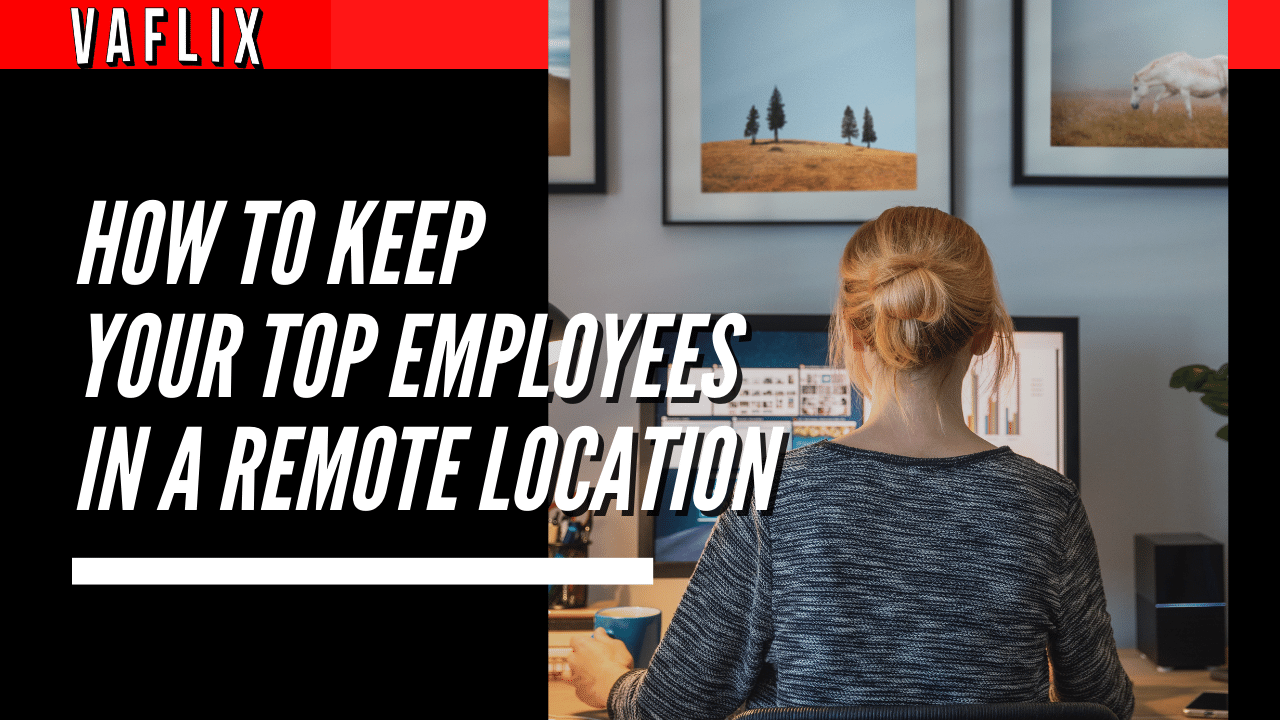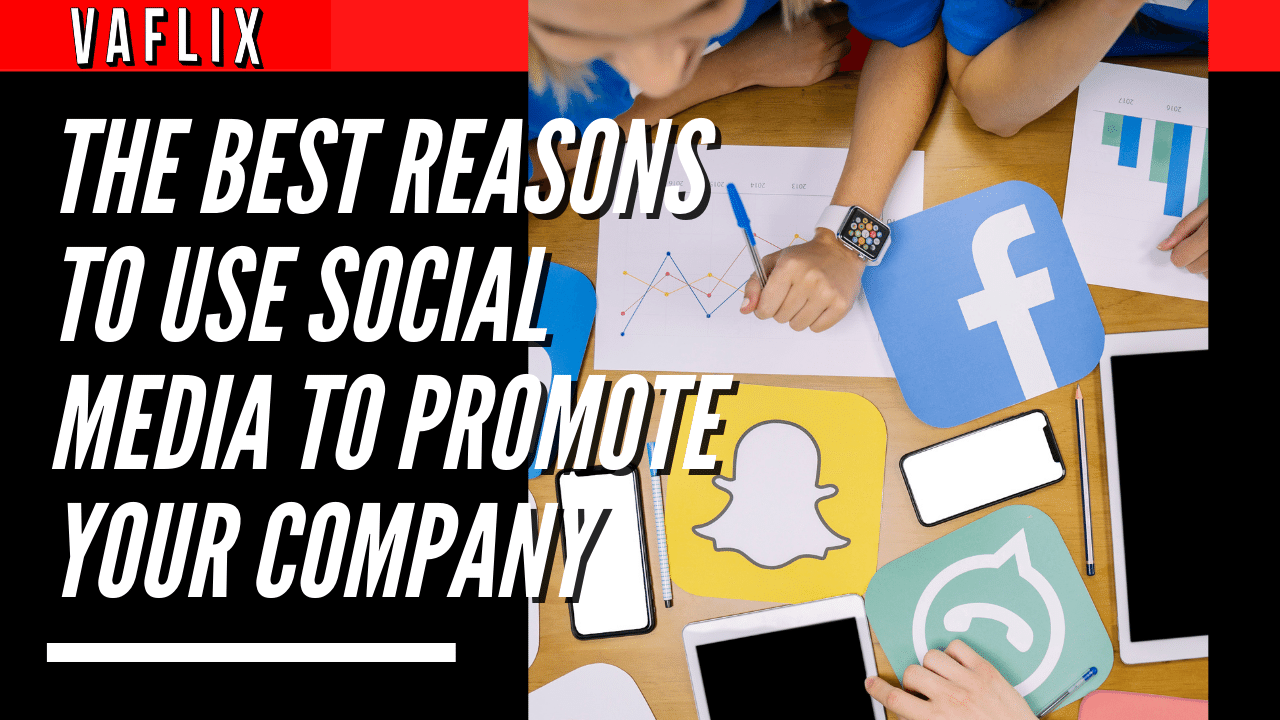How To Keep Your Top Employees in a Remote Location
Thinking of Hiring a Virtual Assistant?
Despite the fact that some firms are requiring workers to return to the office after the epidemic, many are embracing remote and hybrid work choices. Remote employment may be advantageous for both individuals and employers.
From the standpoint of a team member, remote work provides several advantages and possibilities, including time and money saved on travel, a better work-life balance, and an enhanced capacity to concentrate when away from office noise, foot traffic, and distractions.
The sensation of having control over working location and circumstances may be empowering for both full-time and part-time employees, enhancing both happiness and productivity. It may also be a consideration while selecting and retaining employment. Many of our virtual assistants (VAs) selected this career path, for instance, because of their opportunity to work from anywhere.
From the standpoint of an employer, the expected advantages of continuous remote employment include:
- productivity improvements
- increased employee availability
- improved retention
- enhanced ability to attract candidates
- wider talent pools
In the era of the “Great Resignation,” each of the aforementioned will be of paramount importance.
Even if they are working from home, workers are nonetheless motivated to advance in their jobs.
It is of the utmost importance to make sure that chances for learning and development are always accessible to remote personnel. Employees have the ability to present themselves with new challenges and learn new methods of doing things by harnessing new technology for communication and cooperation. They also have the ability to be strategic about the distribution of resources among team members.
It is helpful to make sure that everyone is still heading in the same direction by holding meetings and check-ins at regular intervals. The leaders of a team have a responsibility to monitor the performance of their members at all times and to handle any problems that may crop up.
VA FLIX has invested a significant amount of time and resources into developing the necessary infrastructure to enable a productive remote work model for both our virtual assistants (VAs) and our customers. In addition, we provide a hybrid work style for the team that works in our head office. The key to a successful arrangement for working remotely, in our opinion, is to first establish crystal-clear expectations, then endeavor to establish a solid foundation of trust, and last, devise a few standard operating procedures.
How leadership can promote the development of careers in distant locations
Leadership has the potential to facilitate the formation of connections between teams and other members of their industry, as well as the promotion of the exchange of newly acquired information, community resources, and educational opportunities. They are able to provide members of the team who are actively involved in learning and development with assistance in sourcing and participating in remote learning opportunities.
It is important for leadership to take the time to understand about their teams, including what they excel in, what areas they are interested in developing, and any weaknesses or obstacles that stand in the way of achieving success. The ability to engage one’s team is an essential skill for leaders to have.
Learning that cuts across functional silos is strongly encouraged. When there are limited opportunities for face-to-face connection, it is essential for members of a team to have an understanding of how the working lives of their colleagues in different business sectors are structured. For instance, you may encourage members of your marketing staff to listen in on sales conversations, which would provide them exposure to potential consumers. Because of this, they will have a better understanding of the reasons why clients purchase from you, which will help them develop more relevant marketing messages.
Remote career development and talent retention
Your teams will be able to remain connected and collaborative if you take an approach to cross-functional learning, frequent communication, team meetings, touchpoints, and dependence on technological tools. This will help your teams to retain high levels of productivity and efficiency.
Your organization’s ability to entice and keep the most talented remote workers depends heavily on the culture of your business, its commitment to lifelong education, and its emphasis on the necessity of cultivating a happy employee experience. The advantages and possibilities that come with working remotely need to be taken into consideration by companies, and those companies need to find out how to incorporate those considerations and opportunities into their organizational structures and business models.



















